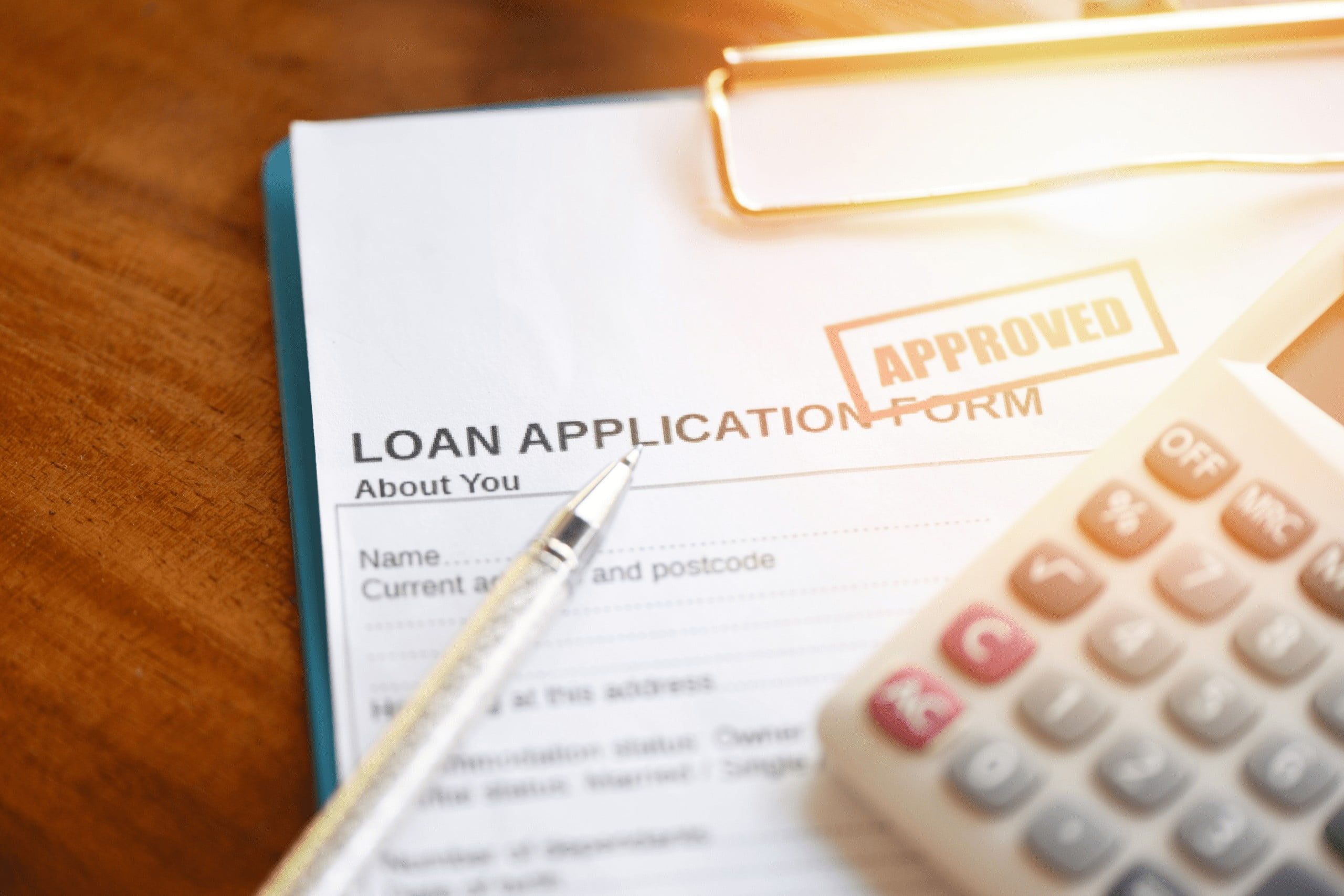Remember when you recently discovered the difference between a mortgage pre-approval and a mortgage pre-qualification? There was a simple takeaway. It went something like this: A pre-approval carries significantly more weight than a pre-qualification. In fact, a pre-approval letter from a mortgage lender is a very good indication you will be approved for a loan in the amount stated in the letter. It is not, however, a 100 percent guarantee of approval (it’s pretty close, though). This comes later on in the homebuying process. And if you’ve noticed the headline on this article, you can probably guess what that part of the process is called. So, let’s take a little time to learn about … wait for it … mortgage underwriting.
The basics
If there’s one point in time when every hopeful homebuyer is going to sweat a little, it’s when their loan application goes to mortgage underwriting. That’s because this is truly the moment of truth. This is when you will find out if you will actually be able to buy the house about which you’ve been dreaming. Sounds kind of scary, huh? Well, it doesn’t need to be. A big part of mortgage underwriting is the mortgage company simply delving deeper into what they already checked before issuing your pre-approval. For example, the underwriter will likely take a closer look at your bank statements, pay stubs, employment history, credit history, monthly payments and more.
It’s never a good idea to make any huge investments, switch jobs or default on any payments just before or during the underwriting process. In the final analysis, the underwriter’s decision will likely hinge on four basic elements: your income, your credit, your assets and your home appraisal. The appraisal, which takes place before underwriting, is an assessment of your prospective home’s value. If the home appraises at a lower amount than the seller’s price tag, you won’t make it through underwriting. This is because the lender can’t lend you more money than the house is worth.
The bottom line
Ultimately, the mortgage underwriter — who works for the mortgage company where you’ve applied for a loan — is seeking to make sure you and the home you’re looking to buy are a good financial match. If you already have Fairway’s certified pre-approval, you should be in good shape and underwriting should be little more than a formality.
Once the underwriter has approved your loan application, you’re cleared to close, and you’re one step away from becoming a new homeowner. Occasionally, however, the underwriter will approve you with conditions. A “condition” might be a requirement to provide more financial documents. Or the underwriter could temporarily suspend your application until you supply the lender with more info.
Final thought
Still have questions about mortgage underwriting? That’s why we’re here! Contact a Fairway loan officer today to find out anything else you wish to know about underwriting or home mortgages in general. You can leave a question in the comments section below. Or feel free to call or email. Our job is to ensure you’re equipped with the tools you need for a successful homebuying experience. Let’s connect soon!








